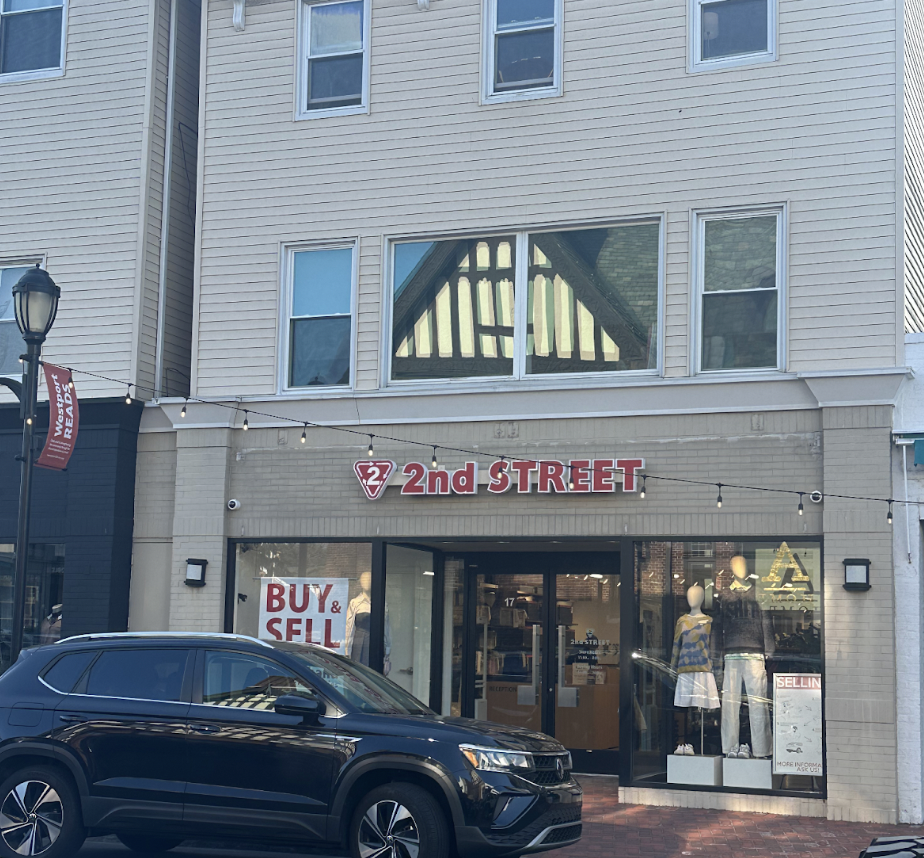Mia Zibly ’26
Zibly is an Israeli Jew who celebrates Chanukkah in the winter. Despite its extensive portrayal in American media, it is considered the least important holiday of Jewish faith because it is the only holiday that God does not command the Jews to celebrate. In America, the holiday has picked up some characteristics of Christmas, but it is much more toned down in Israel. For eight nights, Jews around the world light candles on a menorah, give gifts and say prayers. In addition, Zibly’s family likes to sing Chanukkah songs.
Reia Bhardwaj ’26
Reia lived in Singapore until she was 12. Her family has history all over the world; Her mom is from Ukraine and her dad is from India; she also has family in Canada and England. She often spends her Christmas in Canada, Singapore or London. She enjoys baking holiday treats and visiting her family. In additionOf course, they also go to Church.
“I love how I get to spend time with my family,” Bhardwaj said. “There’s no sports; there’s no school. It is just a time for me to reconnect with family and friends.”
Niklas Boenicke ’26
Boenicke’s parents are German immigrants who moved to the United States in 2003. Germans have their own Christmas traditions that look very different from American ones. On Dec. 6, St. Nikolaus fills a boot left on the doorstep with candy. Then, the Christkind comes on Dec. 24; this is the first time Germans open presents. German families open presents a second time on Christmas Day, when Santa comes. Boenicke’s family includes some of these German traditions in their Christmas celebrations.
“My favorite holiday tradition is putting a strand of curly gold hair on the Christmas tree to represent the Christkind coming on the 24th,” Boenicke said. “This is a tradition, mainly in Southern and Western Germany, that I look forward to every year.”













































